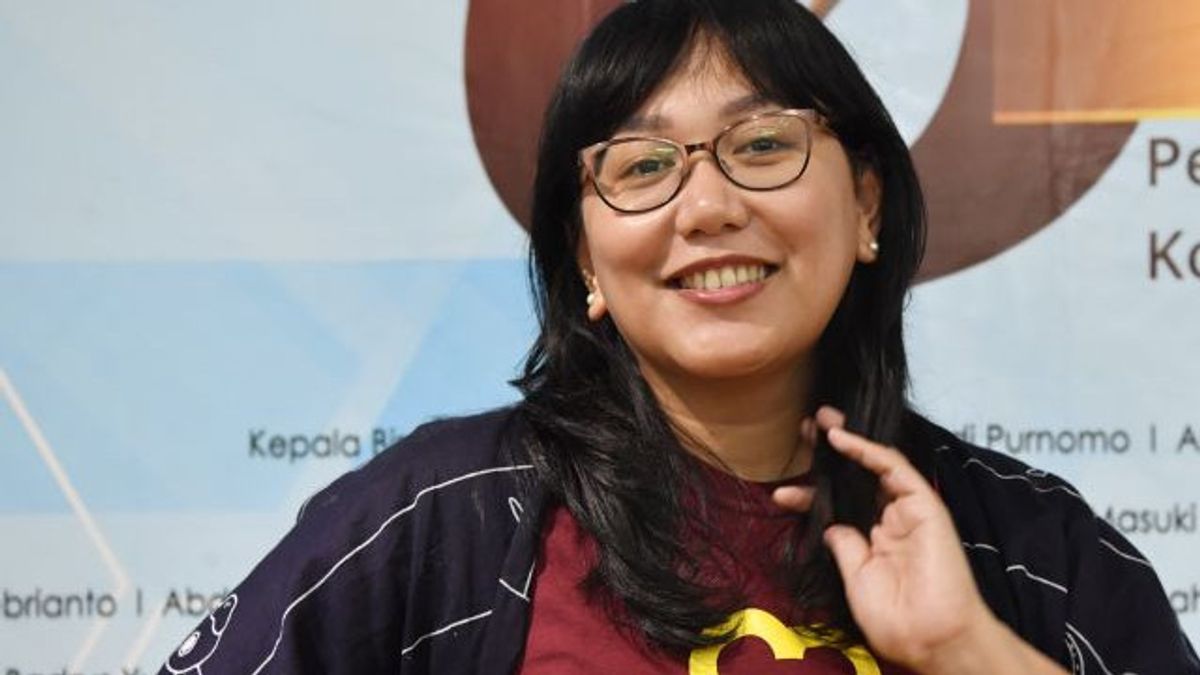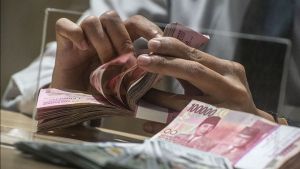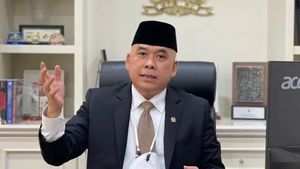JAKARTA - The Napi Kitchen series will air on Vidio starting November 10. The series, written by Gina S. Noer, was directed by Rein Maychaelson and Adis Kayl. Starring Clara Bernadeth, Asmara Abigail, Poppy Sovia, Shenina Cinnamon and Andri Mashadi, Dapur Napi tells the story of the efforts of deradicalized prisoners to return to society.
Gina S. Noer got the idea of the Dapur Napi series after watching in-depth coverage of the deradicalization program to bring the former terrorists back to society.
"There is something about apologizing to the family, it is difficult to welcome back, and one of them is a restaurant in Solo whose worker is a former terrorist," Gina said in a media statement, Wednesday, October 19.
Gina said that because she did not understand terrorism, she reflected her journey as a woman and the idea of Dapur Napi emerged after talking to Amelya Oktavia who also sparked the series.
"Food is needed, it can be a favorite, sometimes we don't need to know who made it. With this story we play with ideas, can people accept ex-convicts as easily as they receive delicious food?"
"Dapur Napi" tells the story of Laila, a former prisoner who wants to return to life by opening a restaurant, has been rejected by the family of Laila's victim and the surrounding community. Is there a second chance for her? Laila then meets many people who change her life.
Specifically Amelya Oktavia added, "One of the reasons that made this idea appear was when we heard stories in a public discussion about how terrorism suspects were trying to return to society. One of the stories was that someone opened a restaurant. Then what was interesting, when they opened a restaurant, they interacted a lot directly with buyers, namely the general public and slowly revived people's trust in them. Vice versa, the impact was positive."
Rein Maychaelson said that this series explores the theme of a second chance, loss, friendship, and making peace with the past.
This series represents an ex-convict woman who wants a second chance when she returns to society. As an Indonesian society maybe around us have experienced and felt the presence of a female ex-convict. If we have never been objective and fair in judging them, maybe this series can tap on the hearts to accept them in the neighborhood and give them a second chance, "continued Adis.
Adis said the audience could also see the point of view of ex-convicts from the other side of the series, as well as the lessons about life gained in prison which make the characters in the series unique and loved by the audience.
The English, Chinese, Japanese, Arabic, and French versions are automatically generated by the AI. So there may still be inaccuracies in translating, please always see Indonesian as our main language. (system supported by DigitalSiber.id)













